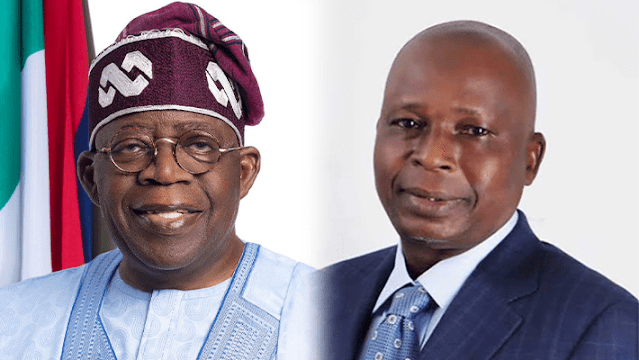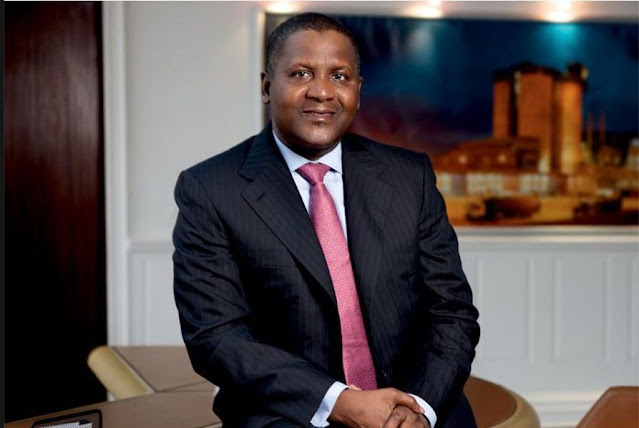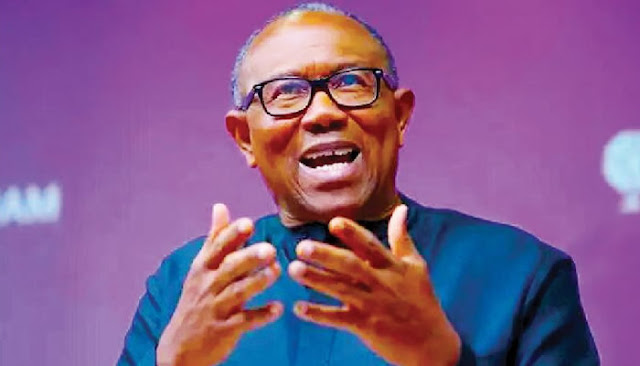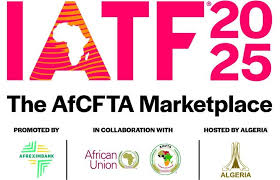Attorney-General of the Federation and Minister of Justice, Lateef Fagbemi (SAN), has dismissed insinuations that President Bola Tinubu pressures him to withdraw charges against allies of the administration, insisting that cases are decided strictly on merit and in line with the rule of law.
Fagbemi, who spoke on the sidelines of the 2025 Ministry of Justice top management retreat at the Four Points by Sheraton Hotel, Ikot Ekpene, Akwa Ibom State, said the judiciary under the current administration respects due process and is not swayed by political considerations.
“What has the president got to do with these? It’s a criminal case. And we are doing what we feel and believe should be the appropriate step,” he said.
“Let me use this opportunity to remind us all that the question of prosecution, when you talk of the rule of law, does not admit of weaponising prosecution. You do or treat each case on its own merit. And you do not get the courts involved in, or turn the courts into what I would call theatres of spectacle.
“You take each case on its own merit. If a case is not made out, it is just not made out. There is no two ways about it. You don’t have to dissipate government energy or resources and waste the time of the court.”
The AGF made reference to some high-profile cases, including those of Honeywell Group Chairman, Dr. Oba Otudeko; former First Bank Managing Director, Olabisi Onasanya; ex-Honeywell board member Soji Akintayo; and Anchorage Leisure Limited. The Economic and Financial Crimes Commission (EFCC) had filed a 13-count charge accusing them of conspiring to fraudulently obtain N12.3 billion from First Bank of Nigeria.
Fagbemi said the matter ended after the complainants chose to withdraw. “Coming to the issue of Oba Otudeko, which has to do with the management of First Bank, what happened was that the complainants came and said, ‘We are withdrawing our complaints.’ The complainants said, ‘We have gotten all that we thought was lost or was taken away.’ Both parties agreed. So why do you want to waste government resources again?”
On the case of former AMCON Managing Director Ahmed Kuru, Fagbemi explained: “What happened was that he was not connected; there was nothing to try him for. What was involved was an investment in the name of AMCON, in the sum of about, I think, N20 million.
“So, both the principal and the interest were recovered by the EFCC. It was not in any individual’s name. So what offence has been committed?
“But don’t forget, there are two other cases. There was one involving, I think, about N5 billion, involving another person, whose name I cannot remember now. For that one, because we believe that there is, what I would call, a prima facie case, we said it should continue.
“There is another one against Kuru, in relation to his activities as either manager or so in Arik Airline. That one, I also found that there were some questions to be answered.
“In other words, we have a prima facie case against him there, and I ordered that that one should continue. So they are on it in respect of that one.”
Fagbemi further outlined reforms in the justice sector, announcing that the federal government has begun integrating technology to improve justice delivery, reduce delays in trials, and address inefficiencies in correctional facilities.
“The justice sector is one of the catalysts for national development. There can be no sustainable growth without access to justice, respect for the rule of law, and a strengthened justice system,” he said.
“The criminal justice sector, in particular, faces daunting challenges: inadequate access to justice, overcrowded correctional facilities, delays in trials, and other systemic inefficiencies. These issues require urgent and technology-driven solutions.
“Furthermore, with the increasing reliance of citizens on technology to access services, the ministry can no longer depend solely on traditional modes of communication or manual processes.
“If we are to meet the expectations of Nigerians and support the President’s vision for justice sector reforms, we must embrace digital tools that guarantee timely and efficient service delivery.
“The Ministry must therefore take the lead in adopting technology to enhance justice delivery. The challenges of today demand that justice never sleeps. With growing legal demands and societal pressures, we must adopt innovative strategies to keep the wheels of justice continuously in motion.”









